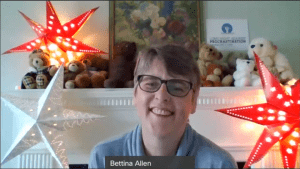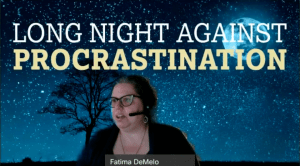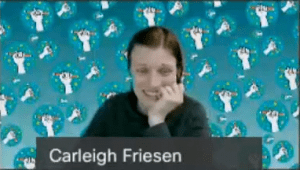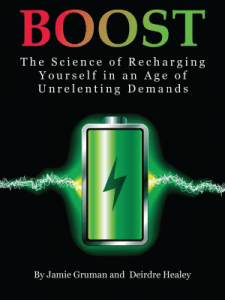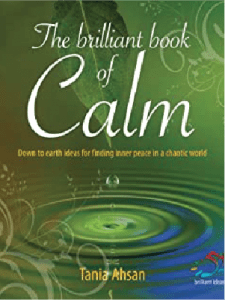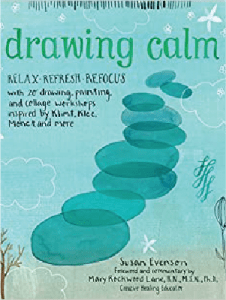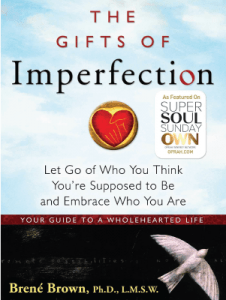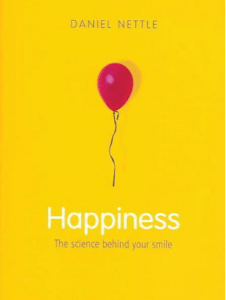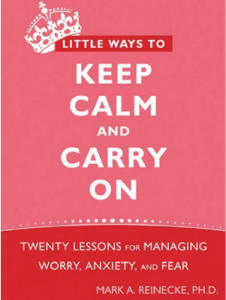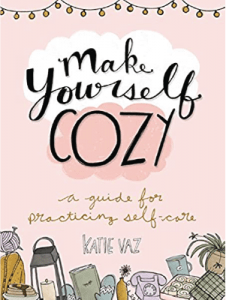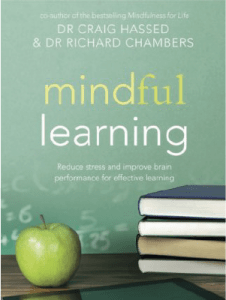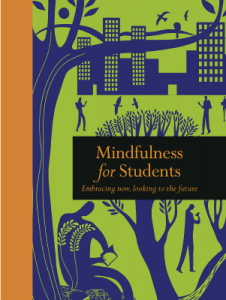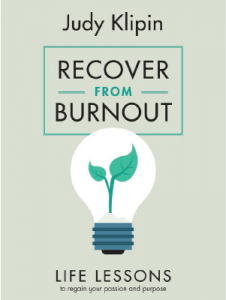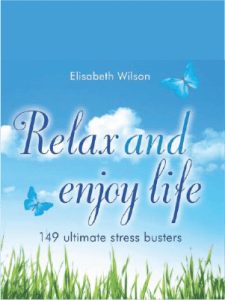Winter Blues Setting In? Brighten up those dark days of winter with light therapy!
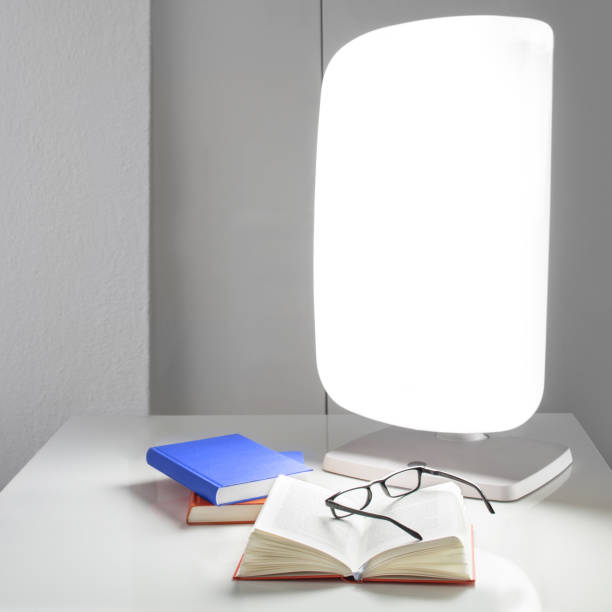
(Image credit: Pixabay)
Light therapy, also known as bright light therapy or phototherapy, uses a light box to mimic outdoor lighting.
Exposure to artificial light helps adjust the body’s regulation of melatonin, a hormone that controls the body’s sleep cycle, and serotonin, a natural mood-stabilizing hormone.
Three main benefits of using light therapy are:
- Increased energy
- Improved sleep patterns
- Enhanced mood
It is easy to use, safe (UV free), and can be done in your own home. The light box needs to be placed at a 45-degree angle, 2-3 feet away on a flat surface. For the best results, use consistently every morning for 20-30 minutes. You should start seeing improvements in your mood within 2-4 days.
Light Therapy is not recommended for everyone, consult a physician first if you have an eye disorder or are taking medications that may cause your skin to be sensitive to light.
(Image credit: Pixabay)
Interested in “lightening” up your mood?
Light boxes are available at the RRC Polytech Library for a one-month loan period.
To reserve a light box, complete our AV Booking Form, requesting a light therapy lamp and selecting your preferred pick-up time and location.
Questions?
If you have any questions, connect with us! We are always happy to help!
Written Jennifer Vandenbosch – Library and Information Technology student



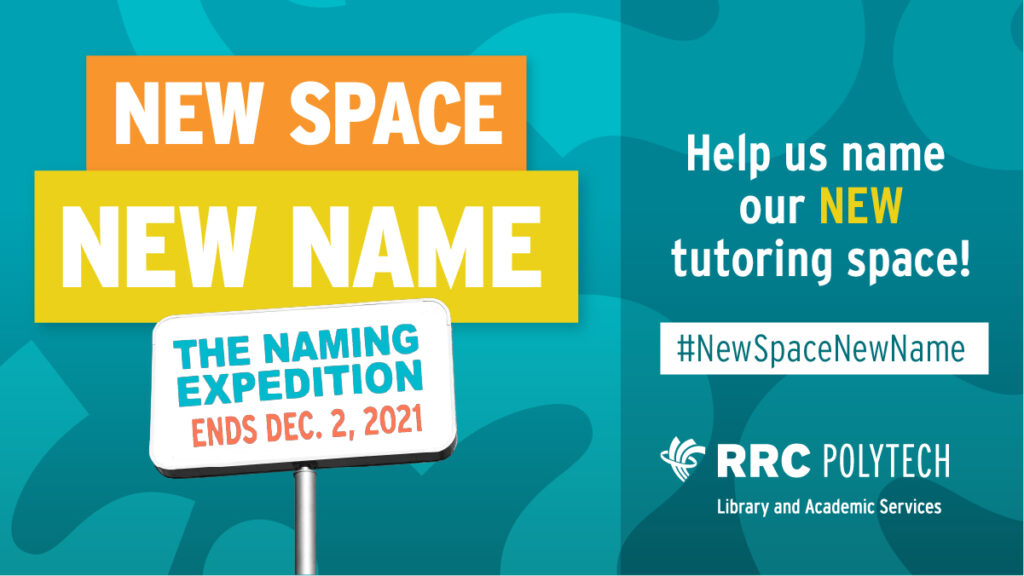

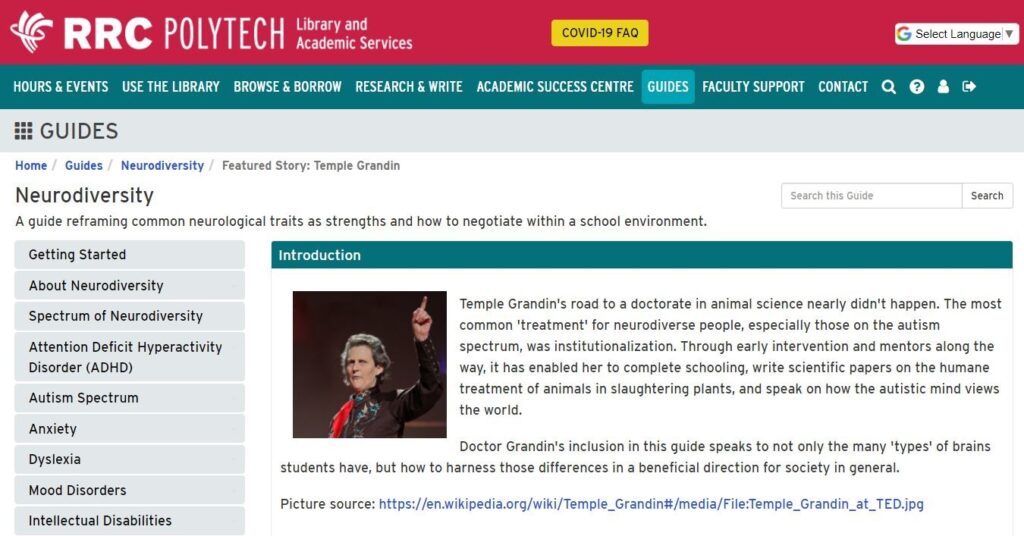

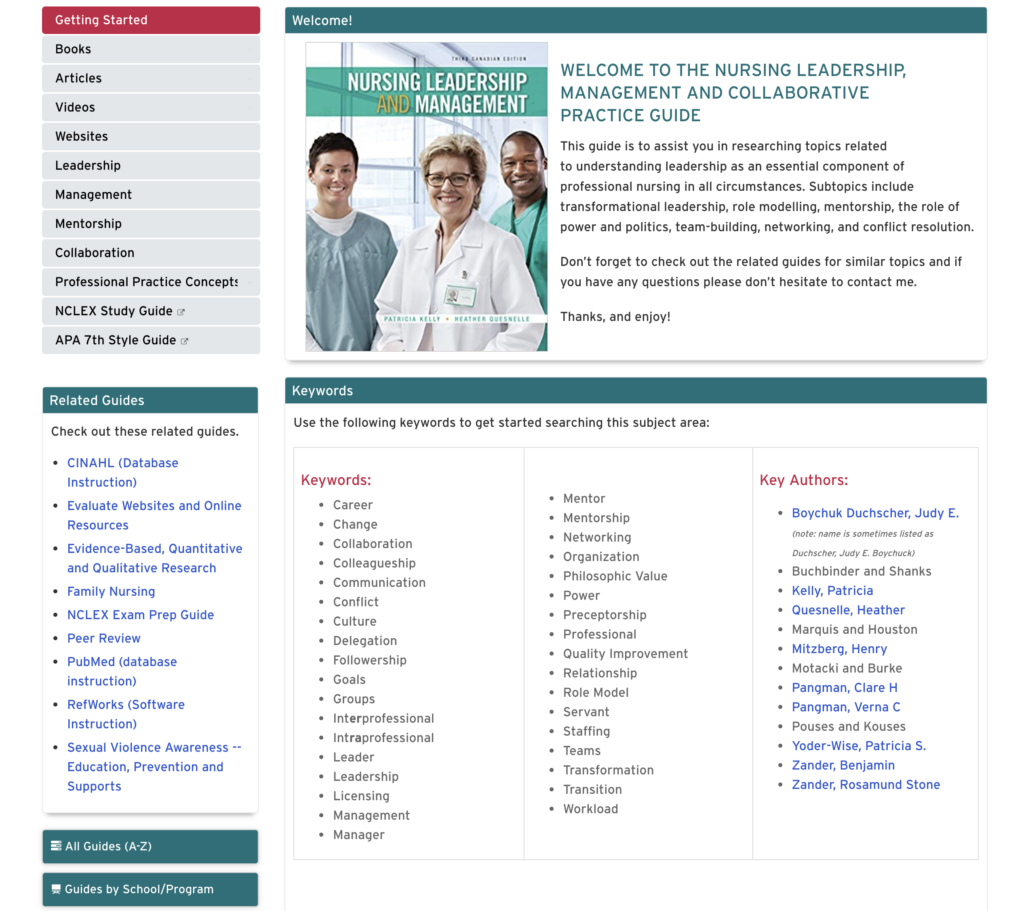

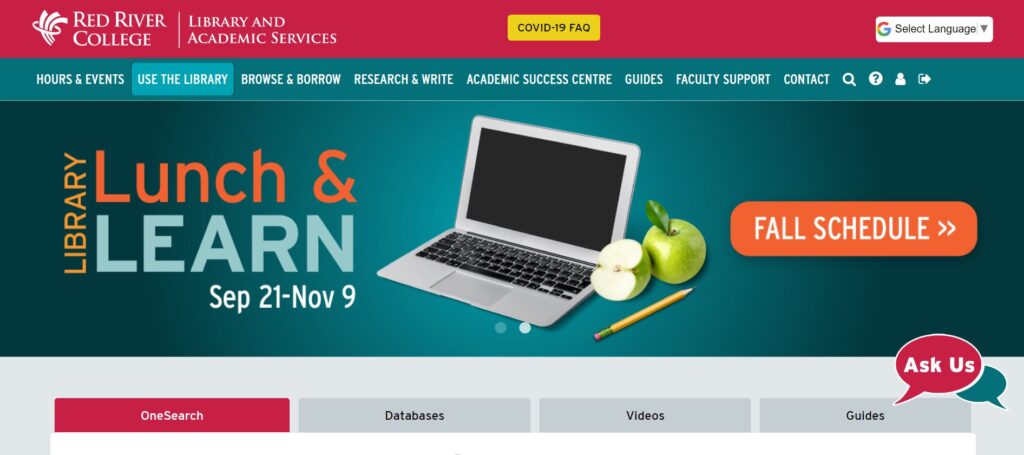
 Discover and borrow Library materials.
Discover and borrow Library materials. Discover Library materials and resources for planning, research
Discover Library materials and resources for planning, research

